When I used to defend injury claims in court for insurance companies, I defended several car accident injury claims with the argument that since the vehicle had little damage to it, surely the injury victim did not sustain significant injuries. Science has proven that this argument is certainly not always true, however. This can especially be the case when a vehicle with a tow hitch on the rear is rear-ended by another vehicle. I’ve seen numerous cases like this: While driving a vehicle with a tow hitch, the driver is rear-ended. The driver gets out to see that the vehicle has very little, if any, property damage to the vehicle, even though the vehicle took a big hit and the driver and the passengers in the vehicle may be experiencing back and neck pain.
Increased Risk of Injury Due to Tow Hitches
It may surprise some people to learn that the occupants of a vehicle with a tow hitch can face a greater risk of injury in a rear-end collision. Even if it is a low-impact crash. Why is this? Well, the reason this occurs is due to the vehicle’s crash pulse. Vehicles with a hitch will have a stiff crash impulse, meaning the energy and force of a rear-end collision are not evenly displaced throughout the rear of the vehicle. Instead of a crumpling effect that is commonly seen in fender benders, the majority of the energy is transferred to the main part of the vehicle instead of the rear. In other words, the impact is going straight to the frame and not crumpling. If it had crumpled, the vehicle would absorb more energy.
However, without the crumpling, the occupants absorb more energy. For years, manufacturers of vehicles have developed ways for the vehicle to absorb the force of the crash and reduce the impact on the occupant. But tow hitches, however, counteract these advances. One study has even reported that vehicles with a tow hitch, when hit from a rear-end collision, are more likely to crash. The fact that a hitch also results in less property damage is often a point of contention made by the insurance company and their attorneys. Without significant physical vehicle damage, insurance companies like to argue that a victim’s injuries are minimal. If there is little property damage, an insurance company could choose to aggressively defend the claim, and the victim may have a more difficult time recovering.
Steps to Maximize Your Injury Claim
The insurance company may have a more difficult time recovering compensation for their injuries, even though rear-end car accidents can result in significant injuries, especially when a tow hitch is struck. It’s crucial in these types of car accidents to take the necessary steps to give yourself the best shot at maximizing the value of your injury claim. First, take tons of photographs at the scene of the accident. If there is visible damage to your vehicle, you certainly do want to take photographs of your vehicle. But you also definitely want to take photographs of your vehicle. You definitely want to take photographs of the at-fault driver’s vehicle that rear-ended your vehicle with a tow hitch. It’s been my experience that the at-fault driver’s vehicle that caused the rear-end collision usually has significant damage to the front of the vehicle.
These photographs can aid in proving that the hitch took the impact for the vehicle. Also, if you’ve being a victim of rear-end collision like this, also if you’ve been a victim of rear-end collision like this, it is crucial that you don’t ignore the pain you are experiencing in your neck or back. Also, if you’ve been a victim of rear-end collision like this, There are many people that try to tough out these types of injuries without getting any medical treatment and still months later their pain is still lingering. You should get medical treatment as soon as possible. If you have pain immediately, it never hurts to get checked out at the hospital and follow that up with physical therapy or even chiropractic treatment.
Recommendations for Medical Examination
I’d also suggest you push your medical provider to schedule you for an MRI on your neck and/or back to see if you’ve sustained any herniated or bulging disc. So, if you’ve been injured in a rear-end accident like this, it is important to know that you are eligible to seek compensation for past and future medical expenses, lost wages, and pain and suffering. And the more severe your injuries and damages, it’s been my experience that insurance companies will put more effort into fighting your claim provided that there is a sufficient amount of insurance money at stake to pursue. This often means that to get a fair payout in your case, you may have to file a lawsuit and hire experts to testify in your case.
The Role of Experts in Your Case
It can be a great idea in these types of cases to have an expert inspect the frame of your vehicle. Even though there may be little visible property damage, it does not mean there is no physical proof. If the collision was especially violent, the force sustained by the trailer hitch may have damaged the frame. Trust me; the insurance company won’t hesitate to sue. They may even hire an expert to say that there was no way you could be hurt in this type of accident. So you want to have all possible evidence that you can get to prove your case. To win a case like this, it may take some time and effort, but it’s been my experience that it is worth it and can lead to a maximum payout in your injury case.
Conclusion and Further Steps
The thing is, just because you now know a little bit about the science and physical evidence that plays a role in supporting your injuries in a rear-end accident, you don’t necessarily mean the insurance company is going to just sit back and make you a fair offer in your case even if you display to the insurance adjuster that you are educated on the science behind these types of accidents. No. In fact, there’s a good chance the insurance adjuster will still make you a low-ball offer on your injury claim. And that’s why it’s a good idea for you to watch my video about to pop up right here where I’d teach you how I suggest you respond to a low offer in your injury case. Lastly, if you’ve been injured in Kentucky, remember: don’t wait, call Tate. I’ll see you next time.
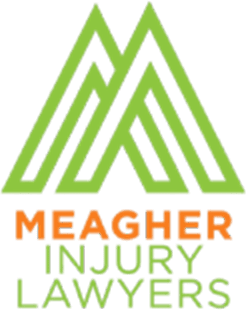
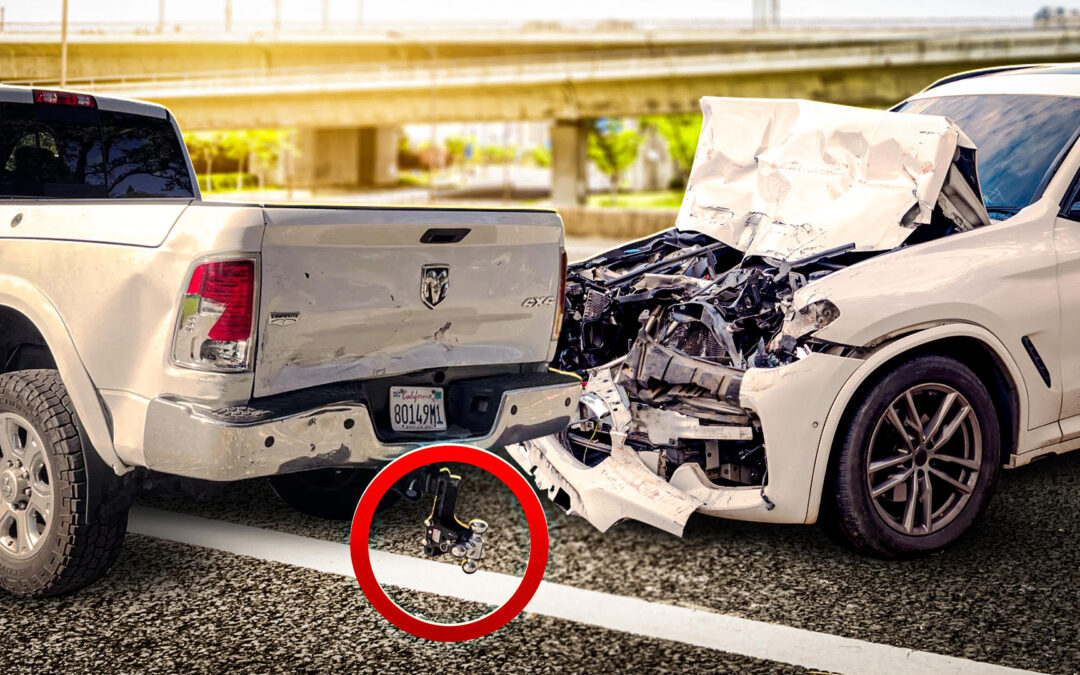

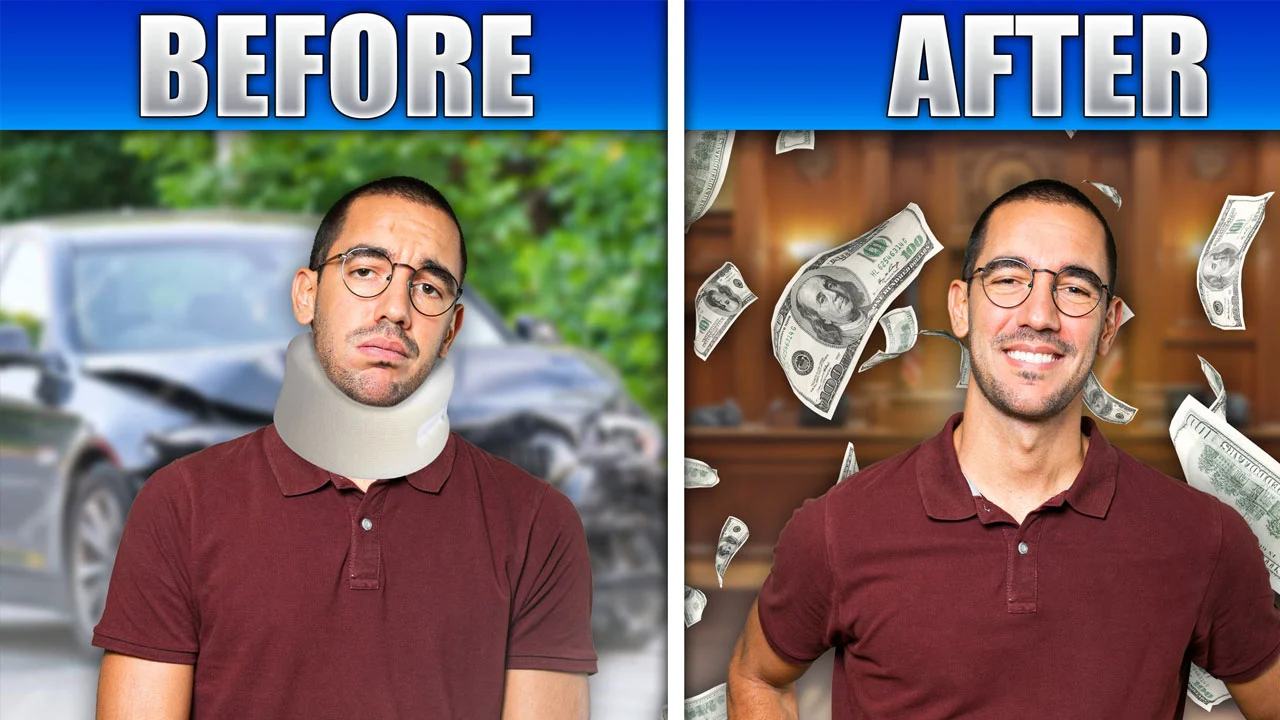
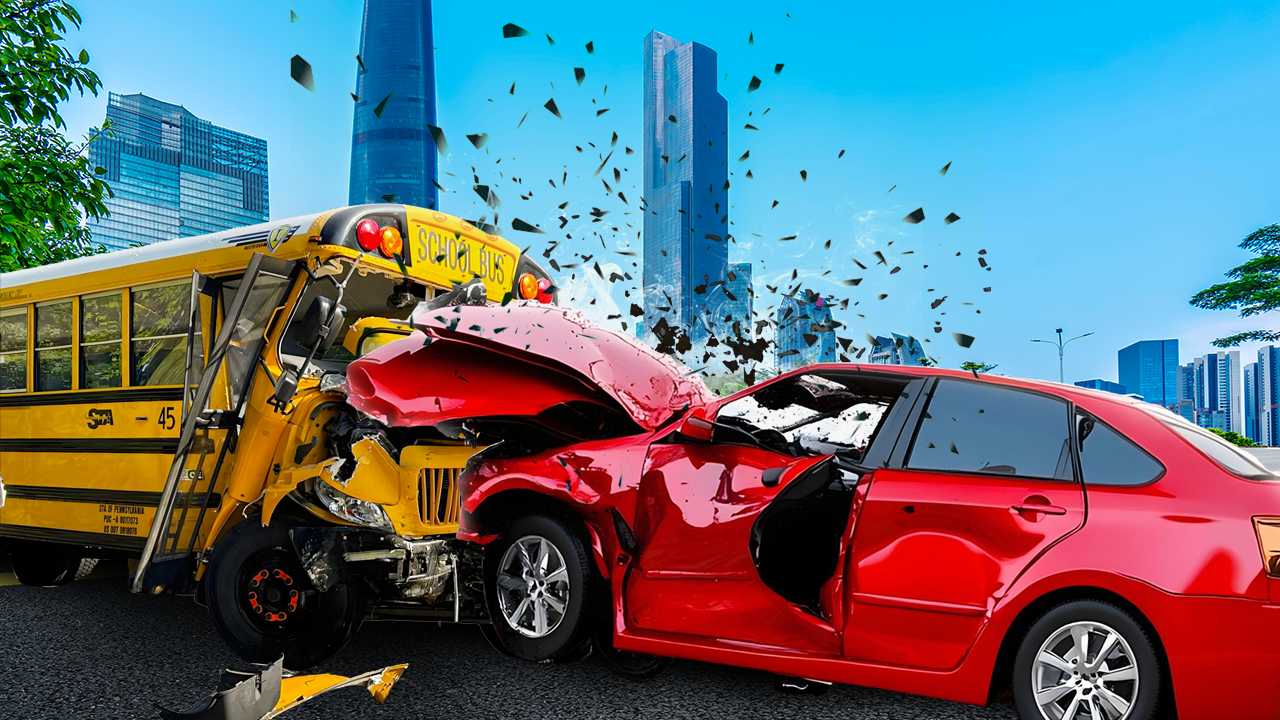
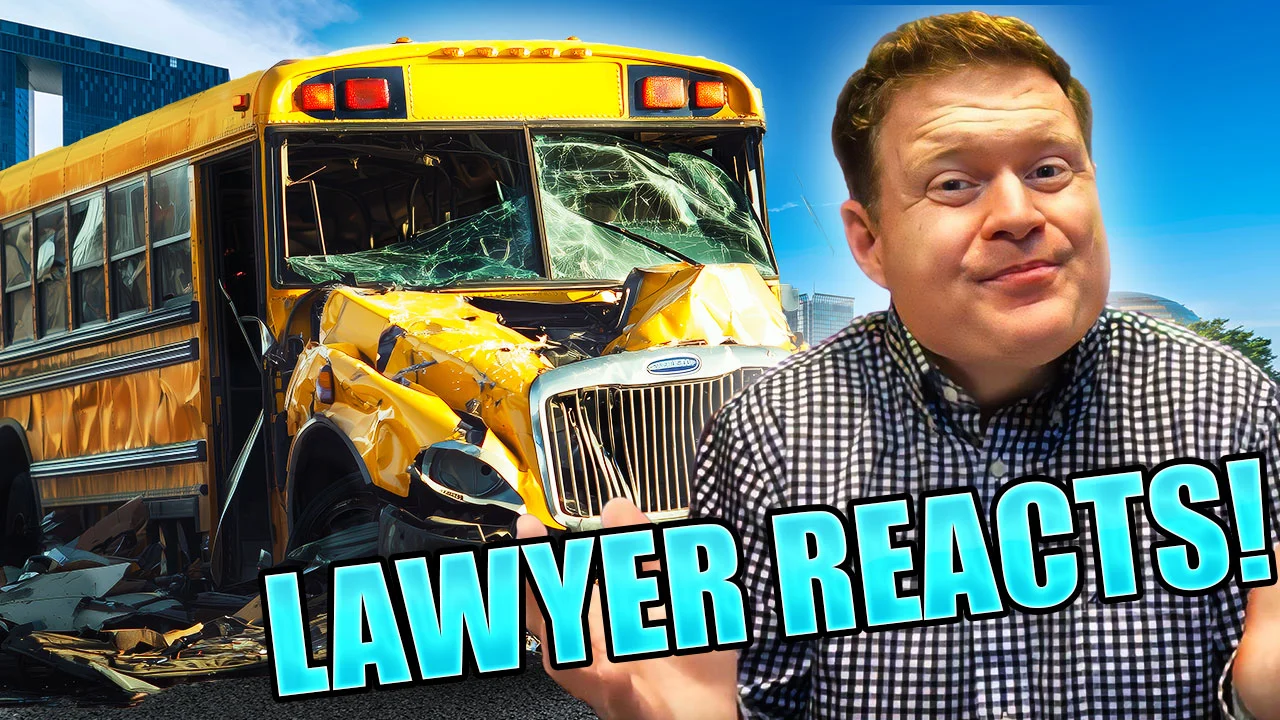
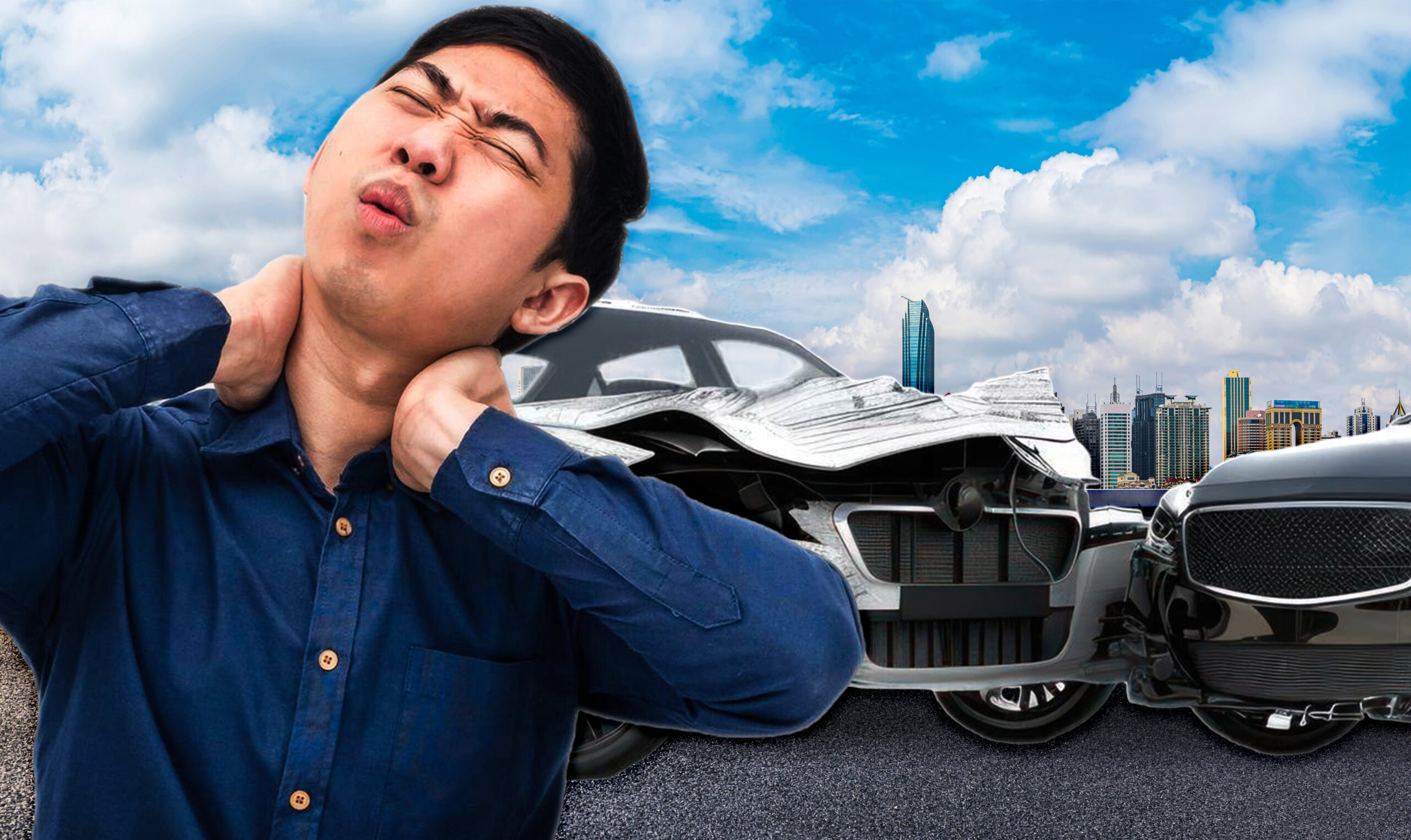
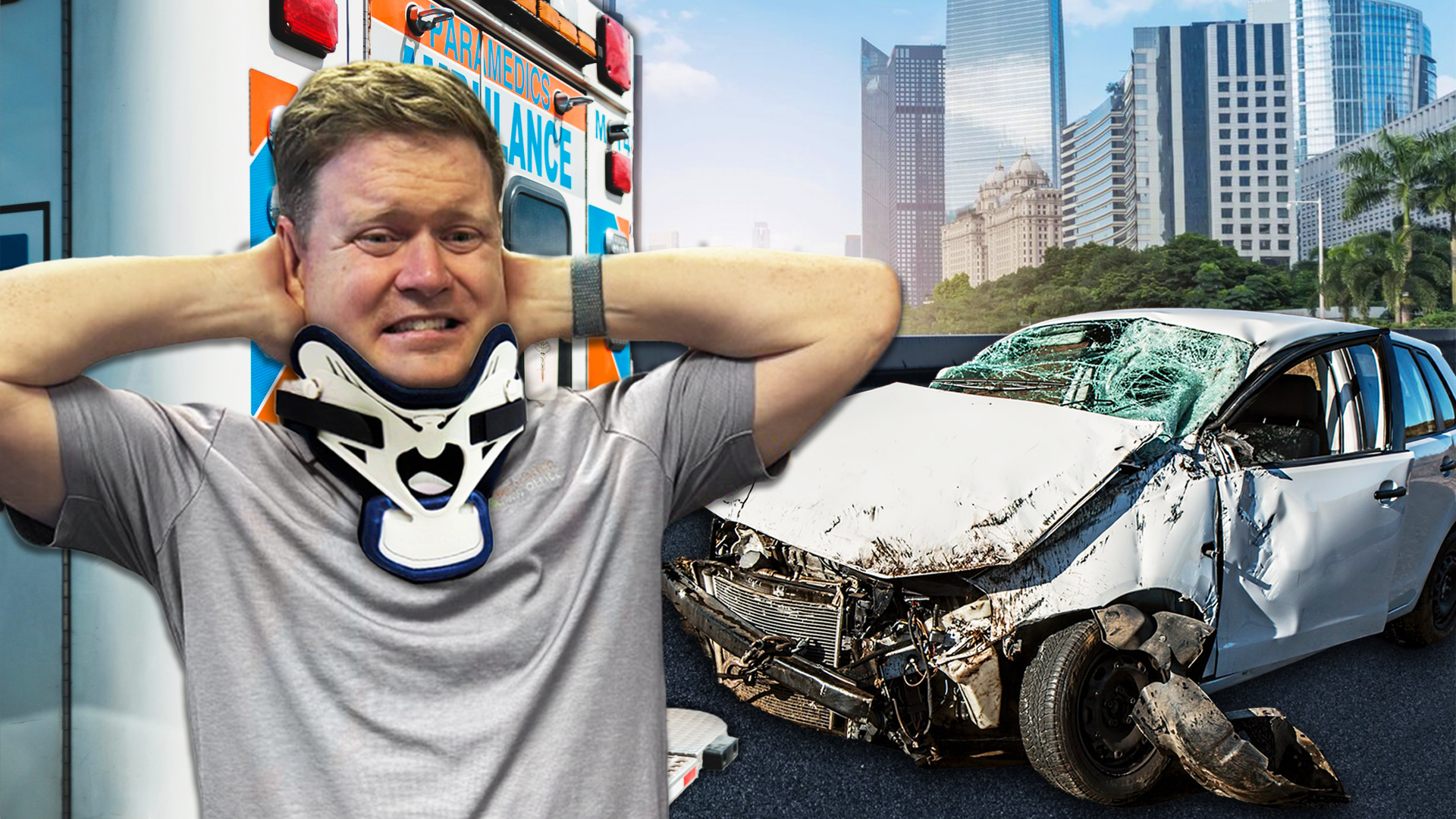
Recent Comments